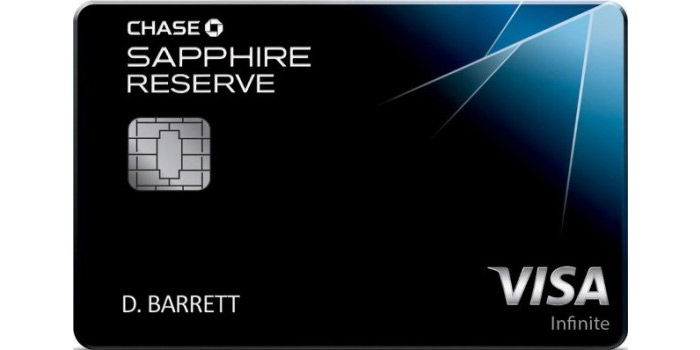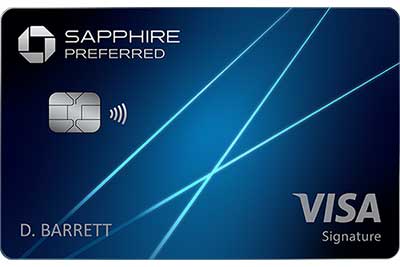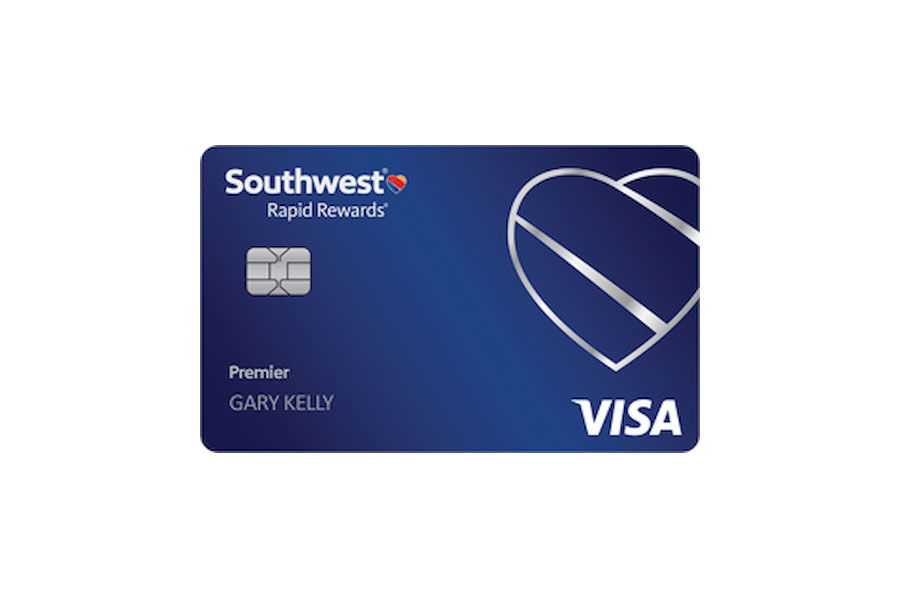The Chase Sapphire Reserve® is one of the top premium travel credit cards available. It offers serious perks—like a $300 annual travel credit, 3x points on travel and dining, airport lounge access, and built-in travel protections. But with premium rewards comes stricter approval criteria.
So, what credit score do you need to qualify? And what else does Chase look for in an applicant?
Let’s break it down so you know where you stand—and how to improve your chances.

Recommended Credit Score for the Chase Sapphire Reserve
To get approved for the Chase Sapphire Reserve, you’ll typically need a credit score of 740 or higher. That falls into the “excellent” credit range. Some applicants have been approved with scores in the high 600s, but approval in that range is rare and usually depends on other strong financial factors.
If your credit score is lower than 740, it’s best to wait and build up your profile before applying. Chase is known for being selective with this card.
What Chase Looks for Beyond Credit Score
Your credit score matters—but it’s not the only thing that Chase reviews. They also look at:
- Credit history – A strong, consistent history of on-time payments and responsible credit use matters just as much as your score.
- Income – You’ll need to show that your income supports the card’s high credit limits and premium spending expectations.
- Debt-to-income ratio – Too much existing debt can raise concerns. Chase wants to see that you’re not financially overextended.
- Recent credit activity – Multiple recent credit applications can lower your chances.
- Your relationship with Chase – Existing customers may have a slight edge, especially if they’ve managed their accounts well.
Chase’s 5/24 Rule: Why It Matters
Before applying, check how many credit cards you’ve opened recently. Chase follows the 5/24 rule: If you’ve opened five or more personal credit cards from any bank in the last 24 months, your application will likely be denied—regardless of your credit score.
This rule applies to most Chase cards, including the Sapphire Reserve, so make sure you’re under that threshold before you apply.
How to Improve Your Approval Odds
If you’re planning to apply for the Chase Sapphire Reserve, here’s how to strengthen your application.
Check Your Credit Score and Credit Reports
Start by reviewing your credit reports from all three credit bureaus. Look for any negative items, outdated information, or errors that could be hurting your credit score.
Keep Credit Utilization Low
Try to use less than 30% of your total available credit. For example, if your combined credit limits equal $10,000, keep your balances below $3,000. Lower is better.
Make On-Time Payments
Payment history makes up the biggest part of your credit score. Consistently paying all bills on time shows that you’re reliable.
Limit Hard Inquiries
Space out your credit applications. Applying for too many credit cards in a short time can drop your credit score and make you look like a risk to lenders.
Maintain Steady Income
Be ready to verify your income with recent pay stubs or tax documents. A stable income supports your ability to manage a high-limit card like the Sapphire Reserve.
What to Do If You’re Denied
If Chase denies your application, don’t panic. You’ll receive a letter explaining the reason, which can help you figure out what to fix.
You can also call Chase’s reconsideration line to ask for a second look. Be ready to:
- Explain any recent credit improvements
- Share updated income information
- Address any negative marks that might have affected your application
Sometimes a short conversation with a real person can change the outcome—especially if you’ve recently paid down debt or fixed errors on your credit report.
Alternatives If You’re Not Ready Yet
If your credit score isn’t quite high enough for the Sapphire Reserve, consider starting with a card that has lower approval requirements:
- Chase Sapphire Preferred® – Offers strong travel rewards and a lower annual fee. Approval is typically easier with a credit score above 700.
- Chase Freedom Unlimited® – Great for everyday spending and often easier to qualify for. You can later upgrade to the Sapphire Reserve once your credit improves.
These cards can help you build a strong payment history with Chase and eventually qualify for their premium products.
Need Help Improving Your Credit?
If collections, late payments, or charge-offs are holding you back, professional credit help may be worth exploring.
Credit Saint helps people dispute inaccurate or outdated items on their credit reports. They even offer a 90-day money-back guarantee, so you can move forward with confidence.
If you’re working toward qualifying for a premium credit card like the Sapphire Reserve, visit their website to see how they can help you strengthen your credit profile.
Final Thoughts
The Chase Sapphire Reserve is a powerful credit card packed with travel rewards—but it’s not easy to get. You’ll typically need a credit score in the mid-700s or higher, along with a strong financial profile and a clean credit history.
Stay under Chase’s 5/24 rule, manage your credit responsibly, and don’t rush into applying if you’re not ready. Take time to build your credit and position yourself for approval.
With the right strategy, you can qualify for the Sapphire Reserve and unlock premium travel perks that go far beyond what most cards offer.



